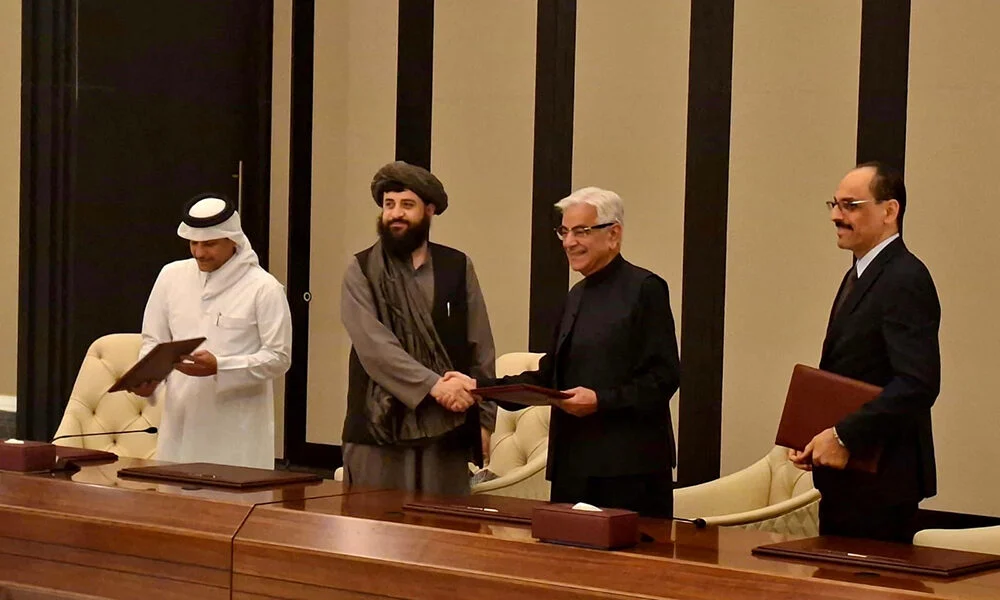The recent survey order by a court in Chandousifor Jama Masjid in Sambhal, demand for survey in Badaun, Ajmer Dargah and very recently in Jama Masjid Delhi has sparked debate on Places of Worship Act, 1991 and its use, misuse and implementation.
The Places of Worship Act, 1991, prohibits “conversion of any place of worship and to provide for the maintenance of the religious character of any place of worship as it existed on the 15th day of August, 1947, and for matters connected therewith or incidental thereto”. The Act “extends to the whole of India except the State of Jammu and Kashmir.”
As per Section 3 of the 1991 Act, “No person shall convert any place of worship of any religious denomination or any section thereof into a place of worship of a different section of the same religious denomination or of a different religious denomination or any section thereof.”
And Section 4(1) of the Act further clarifies it in no ambiguous terms: “It is hereby declared that the religious character of a place of worship existing on the 15th day of August, 1947 shall continue to be the same as it existed on that day.”
Section 4(2) of the Act maintains: “If, on the commencement of this Act, any suit, appeal or other proceeding with respect to the conversion of the religious character of any place of worship, existing on the 15th day of August, 1947, is pending before any court, tribunal or other authority, the same shall abate, and no suit, appeal or other proceeding with respect to any such matter shall lie on or after such commencement in any court, tribunal or other authority.”
Petitions have been filed challenging the statute, seeking to preserve the status quo pertaining to issues related to religious structures as they stood on August 15, 1947, and thus prohibiting legal proceedings.
The petition filed by senior Supreme Court lawyer Fuzail Ahmad Ayyubi claimed that the Managing Committee of the Anjuman Intezemia Masjid was a key stakeholder in the legal deliberation since several suits have been filed claiming the removal of the Gyanvapi Mosque despite the bar under Sections 3 and 4 of the 1991 Act.
The petition argued that “dramatic” outcomes were certain if the petitioner’s request for a ruling that the Act was unconstitutional was granted. Concern was also expressed about lawsuits being filed against mosques and dargahs before the concerns were resolved, requesting temporary orders for an ASI inspection or a survey of the mosques seeking their conversion.
According to Sanjay Hegde, a senior SC lawyer, “It is desirable that this government must make a statement in Parliament that it has no intention of any amendment to the Places of Worship Act of 1991 and that it intends to maintain status quo in all religious places that were extant on August 15 1947. A court dealing with the matters could then record the government’s statement in a suitable legal proceeding.”
Hegdeadded,“However, it is highly doubtful that any such statement will be forthcoming from the government, but courts must take note of the Act and implement it by refusing to entertain any attempts to change the status quo. The Supreme Court should clarify that trial courts not entertain any proceedings that attempt to subvert the act of 1991 and must dismiss such applications at the threshold.”
Another SC lawyer, MR Shamshad, said, “Is this the way one treats religious places of minorities in the country? Whatever happens tomorrow about the orders passed today or earlier, should we not agree that the order passed today is completely illegal order? Irrespective whether this order is stayed or not by the higher courts, it has succeeded in creating illegal evidence through court process which will have effect of creating law and order problems.”
The Big question: where the survey order from one place to another will lead us to and how it will impact the people and the country at large? Will the government respect the law (Places of Worship Act) passed by the Parliament itself? Or will the Judiciary step in to put the matter to rest by saying that the law must be implemented and give directions to the lower courts that Places of Worship Act is binding on them and not by the verbal observation of the former Chief Justice of India Justice Chandrachud?
Let’s hope the Judiciary under the leadership of New Chief Justice of India Sanjiv Khanna will intervene to preserve the communal harmony of the country.


